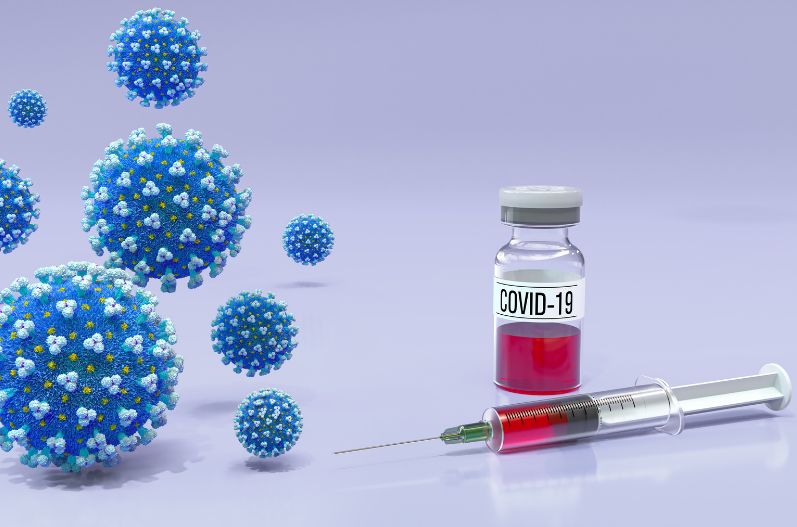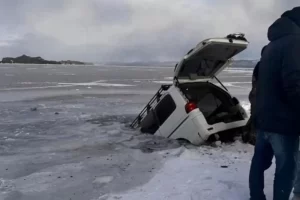After my child has received the COVID-19 vaccination, must he or she have any protective measures?
Vaccines for COVID-19 aren’t available in the U.S. for children younger than 5, but there are things you can do during the holiday season to make sure they don’t get infected.
In a statement, Dr Rochelle Walensky of the Centers for Disease Control and Prevention said people should surround their children with adults and siblings who have had vaccinations or boosters if they are eligible.
Taking the COVID-19 test at home before getting together is also encouraged.
Anyone without a vaccine is advised to wear a mask indoors in public, including children ages 2 and older. Those with young children or those who cannot wear a mask because of other reasons are advised to limit contact with unvaccinated individuals. In public places, the agency also advises keeping the child’s distance from others.
Children may also consider wearing masks if they see an adult in public wearing one, the CDC says. If you’ve been vaccinated, it still recommends wearing a mask in these areas, regardless of whether you’ve been infected with a virus.
If unvaccinated children are present at family gatherings, Matthew Binnicker, a Mayo Clinic expert in viral infections, recommends having everyone masked since even fully vaccinated adults can spread the virus.
Also, he recommends limiting groups to no more than 10 people.
Family gatherings should not be confused with “parties with 30, 40, 50 people” where it is unlikely that everyone is adequately vaccinated, according to Dr Anthony Fauci, the nation’s top infectious disease expert.
“These are the sort of functions he recommends not taking part in, both in COVID and, more specifically, in omicron.
There is a kid-sized dose of Pfizer’s COVID-19 vaccine available to children ages 5 to 11. Babies and young children could also receive the vaccine.





